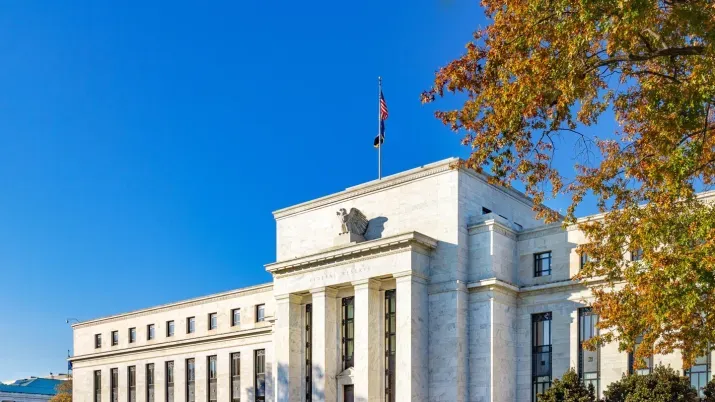Powell’s Balancing Act
TwentyFour
This week Jerome Powell and his fellow FOMC members sit down to determine the Fed Funds rate, and despite the expectation of no move, this meeting is going to be very closely monitored with market participants analysing every word of the subsequent comment.
Powell knows that the economy and markets have reached a delicate transitional point. Economic data continues to show the US is in a period of expansion, and Friday’s retail sales data suggests the US consumer is in decent shape, but the ongoing trade tariff dispute with China and other major trading partners is clearly creating an economic headwind that the economy can ill-afford. In addition, inflation remains stubbornly low, with the market sceptical that the Fed has the tools to keep it close to the official 2% target, and on top of this there is considerable outside pressure to cut rates from both the White House and Wall Street.
The market is pricing in a 20% probability of a cut at Wednesday’s meeting, and we would agree that it would be a considerable shock if the Fed did make a move, particularly with the G20 meeting taking place at the end of the month in Osaka. One expects there will be regular dialogue behind the scenes between US and Chinese officials, and any announcement of trade talks being resumed will be met with relief from markets and businesses alike. The Fed is likely to remain patient, waiting to see the outcome from Osaka and how it could impact underlying sentiment and economic fundamentals.
To us the rhetoric from the FOMC is going to be more interesting than the decision. With a 96% implied probability of a 25bp rate cut at the July meeting and 97% by the September meeting (there is no August meeting), the market has set itself up for disappointment if the Fed comments are construed as having a hawkish tone. Indeed, the market has already priced in an 86% probability of at least two 25bp cuts by the year-end.
Mr Powell’s position is tricky as he has to tread a fine line here to balance expectations with the uncertainty of the geopolitical backdrop. Likewise, we maintain a balanced view with flexibility to adjust our bias at this current crossroad.






